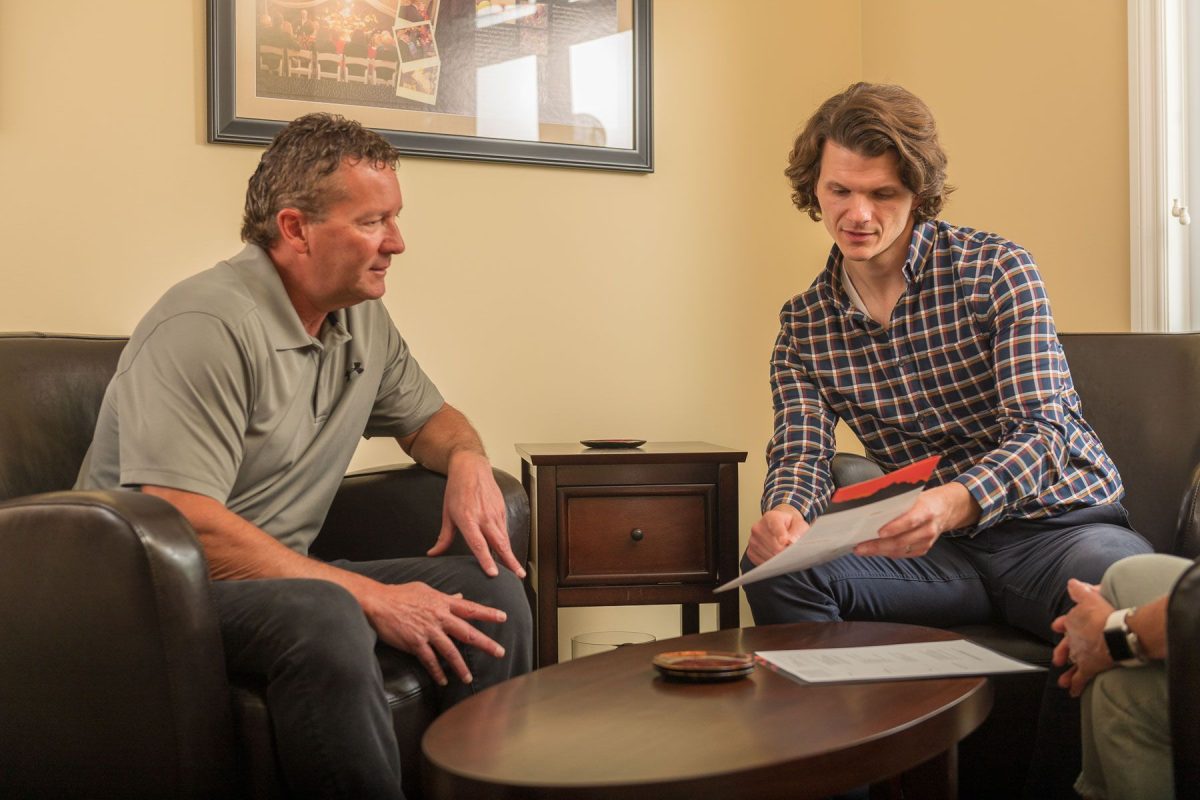A few years ago I was talking with a man who was contemplating retirement. He and his wife had worked very hard for a long time and had accumulated considerable assets and carried no debt. As we ran and re-ran the numbers, tweaking and questioning all assumptions and variables, he continued to struggle with the idea of retiring, even though his profession was high-stress and he otherwise seemed ‘ready’ to enjoy retirement. He kept asking, “Are you sure I can do this? Are you sure I can retire?”
We talk so often about the financial aspects of retirement; do we have enough, are we setup correctly, are we missing any opportunities for tax savings or investment returns? The reality is that most people could benefit from looking deeper into the softer issues of moving into a new phase of life. Like any other transition, there are stresses lurking under the surface that aren’t discussed often enough.
Retirement is no joke. There are growing numbers of people who secretly wrestle with depression in retirement, due to perceived loss of purpose, fewer work ‘friends’, and less healthy structure to their days. We’d be wise to be more open about these struggles.
While I’m certainly not a trained counselor, I have picked up a few helpful questions over the years that may lead a person to better understand their motivations for wishing to retire – or not. Often times, confronting these motivations may help lead us toward a healthier approach to this new world we’re approaching.
In the case of the gentlemen I described, I asked him this question:
“Can you tell me about your earliest memory, as it pertains to money?”
What he shared next just floored me. He’s what he said. “Wow, that’s interesting. You know, I remember my first job striping baseball fields; I earned 50 cents per field and I really enjoyed it.” I then asked him how old he was at the time. He was 12 years old. How old was he when I asked him this question? 62. “So you’re telling me you’ve been working for money for 50 years? It’s no wonder you’re struggling to walk away from paid employment; it’s what you’ve done for most of your life!”
Because we all have a deep ‘inner game’ that shapes our respective life choices, it’s probably a decent idea to spend some time unpacking those thoughts and feelings. Whether it’s before retiring from a decades-long career, or ten years into retirement, you and I can benefit from working these things out.
Because I’m not a trained counselor, I know my limits. As a result, we’ve sought out the services of a trained ‘Retirement Coach.’ This person had an incredible career herself, worked very hard, built and sold a very profitable business, retired, then un-retired. In other words, she’s seen a lot. In trying to work out her own struggles with what it means to be retired, she immersed herself in a journey of discovery that lead to coaching others, and eventually chose to make it her life’s calling. With all of her experiences and wisdom, she’s able to help people better understand what they want out of retirement and what they don’t want (just as important). She guides retirees in developing life plans and sometimes just listens while these unresolved thoughts and concerns are brought out into the open.
If I were planning to retire soon, this is the very type of thing I’d be craving. I would love to have access to a person who’s been there-done that and actually wants to help guide me through this transition. Because of that, I suspect there are some of you who may want the same thing.
In the coming weeks, I’ll introduce you to this person whom I think you’ll find really helpful if you choose to be open to a conversation.
As I said before, the numbers need to be right when it comes to building a successful retirement. But once the financial pieces are in place, it’s imperative that we get to the best part of the mission: living full lives. There’s much more to come on this subject. Please stay tuned.
All the best,

Adam Cufr, RICP®
Recent Articles

Show Your Work: Why Transparency Matters in Retirement Planning

Unlocking the Mystery of Income Taxes

Social Security Strategy: Do You Have One?

Pension Decision: Just One Critical Piece of Information Is Needed to Decide



